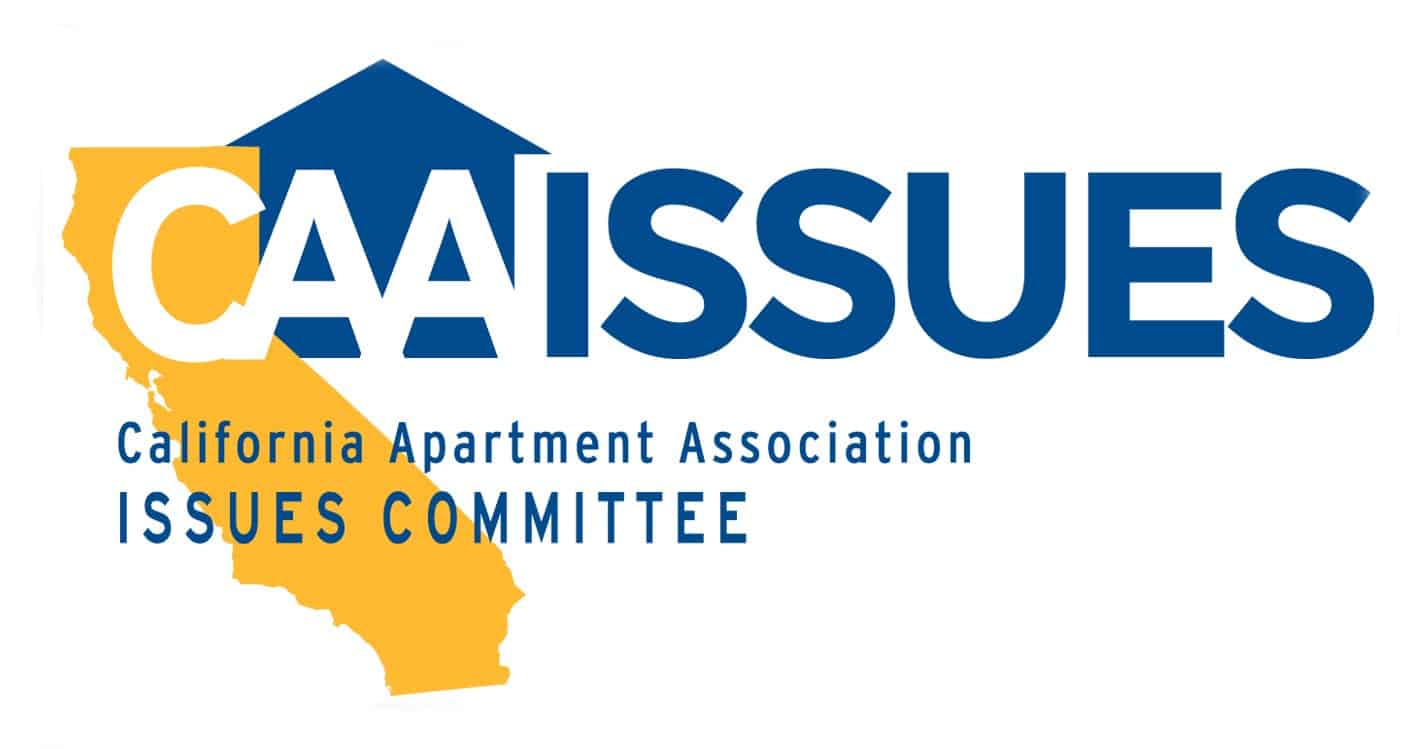Fresno Mayor Lee Brand, along with community groups across the Central Valley, have joined the opposition to Proposition 21, the extreme rent control measure going before California voters on Nov. 3 ballot.

“Prop 21 is the same bad idea the voters rejected in 2018,” Brand said. “It would give unelected rent boards unlimited power to create housing fees that would cripple the industry. Not only would increased fees hurt renters whose pocketbooks have already been hit because of COVID-19, mom and pop landlords who can’t pay their mortgages due to the pandemic would never recover.”
Other Central Valley leaders and organizations to oppose Prop 21 include the following:
- Si Se Puede Fresno, Tulare, Kings & Kern
- Fresno Chamber of Commerce
- Central Valley Business Federation (BizFed)
- Dinuba Chamber of Commerce
- Tulare Chamber of Commerce
- Greater Bakersfield Chamber of Commerce
- Seik Center of the Pacific Coast
- Central Valley Yemen Society
Fresno’s mayor and the community groups join a broad, bipartisan coalition including labor, veterans, senior, affordable housing, taxpayer and other organizations opposed to Proposition 21. They include the Congress of California Seniors, the California Council for Affordable Housing, the Marine Corps Veterans Association, California State Conference of the NAACP, and the State Building and Construction Council of California.
A similar measure, Proposition 10, was defeated by nearly 20 points in the 2018 general election.
Like its predecessor Prop 10, Prop 21 aims to dismantle the Costa-Hawkins Rental Housing Act — the single most vital California law for rental housing providers.
If Proposition 21 passes, local governments will bring back vacancy controls, capping rents between tenancies; they’ll also apply local rent control ordinances to newer apartments — as soon as they turn 15 years old — and to a greater number of condos and single-family homes.
“This initiative also has no protections for veterans, seniors or other vulnerable populations,” Brand said. “It should be rejected by voters once again.”

